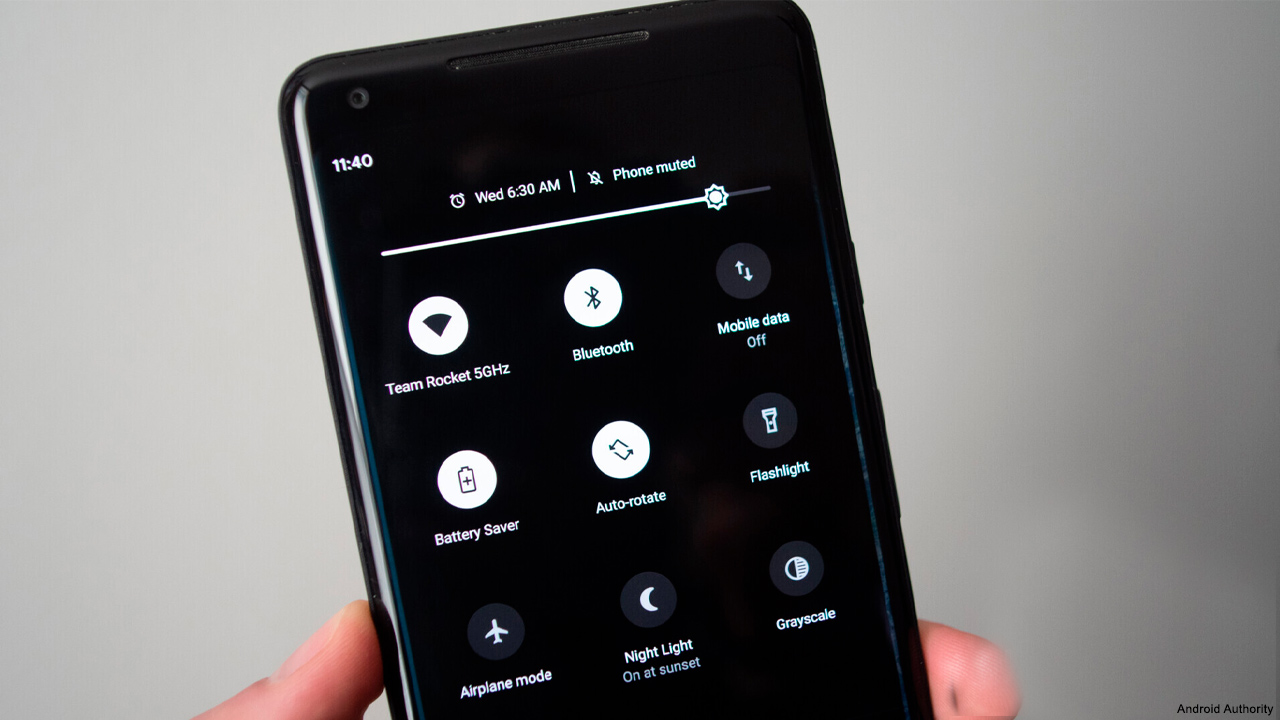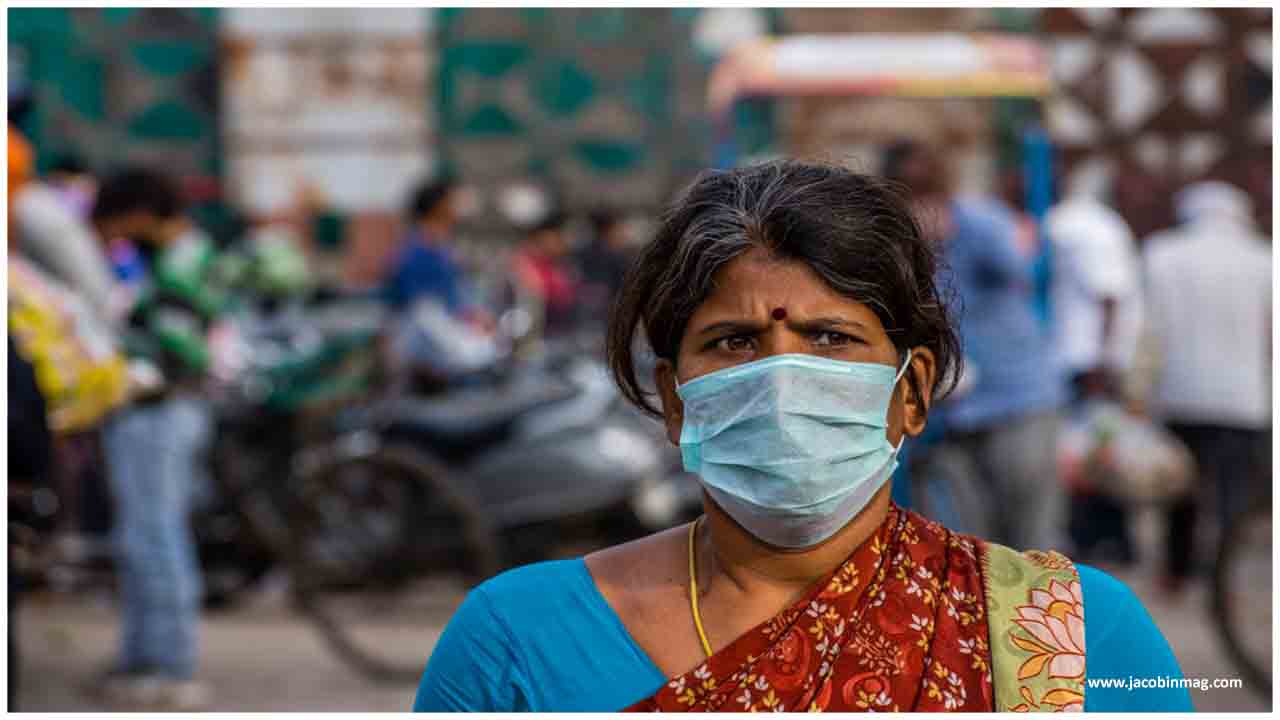Watching television or using phones right before going to bed may cause trouble to fall asleep. Blue light whether from the sun or from the screen usually stimulates us or wakes us up. It means too much blue light whether from laptops, TV screens, or phones can disrupt our capability to fall asleep.
Night mode, a savior for reducing blue light?
Blue light has been proven to affect the body’s circadian rhythm, the natural sleep cycle. Restricting screen time to 1-2 hours before going to bed or using night mode on electronic devices is a good idea for minimizing blue light exposure affecting our ability to fall asleep.
Night mode, or dark mode, is a setting offered on many digital devices to minimize the screen brightness and reduce strain on the eyes. Instead of featuring a predominantly white background with black text, the typical dark mode displays a black background with white or coloured text or shifts lighter colours more toward pink and red instead of blue. The night mode reduces glare and helps our eyes adjust more easily to surrounding light, leading to less eye strain and easier, more comfortable reading.
When our eyes are exposed to bright light, the brain thinks of it as sunlight and stops producing melatonin, the sleep hormone and we feel more awake. The warm colors of night mode don’t confuse the mind/brain about what time it is and make it easier to fall asleep than it would be if looking at a device using a regular display mode.
In addition to disrupting the sleep cycle, too much of a bright screen in a dark room causes digital eye strain. While night mode feels relaxing on the eyes by reducing the contrast between the screen and the dark room. It also minimizes the symptoms of eye strain.
Although blue light has many important benefits also. Various studies revealed that a healthy dose of blue light could help maintain mental performance, and decrease near-sightedness in children provided the exposure is maintained in moderation. And if it is not maintained in moderation, it will disrupt the sleep cycle.
Lastly, everything has its own pros and cons. Thus it is best to avoid using phones or watching screens just before going to bed. But if you can’t then switch on to night mode to avoid both sleep disruption and eye strain. And even then, also if your eye strain or problem sleeping is not eliminated, then visit an Ophthalmologist to find out the other causing factors.

 Blue light has been proven to affect the body’s circadian rhythm (natural sleep cycle) and cause digital eye strain while night mode reduces glare and helps our eyes adjust more easily to surrounding light, leading to less eye strain and easier, more comfortable reading.
Blue light has been proven to affect the body’s circadian rhythm (natural sleep cycle) and cause digital eye strain while night mode reduces glare and helps our eyes adjust more easily to surrounding light, leading to less eye strain and easier, more comfortable reading.

















.jpeg)






.jpg)




.jpg)





.jpeg)
